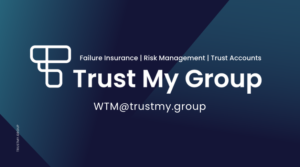How can I protect my business against fraud?
Travel is a high-value industry. Unfortunately, this attracts criminals who are growing ever more sophisticated in their methods. We’ve outlined a few ways you can protect your travel business from fraud:
- Track customer registrations.
If you’re not doing so already, track customer registrations such as contact details, nationality, date of birth, payment details and other information to help you filter transactions.
- Warning signs at the point of booking.
Make sure to check recent bookings for any suspicious activity or patterns regularly. Are there multiple attempted, failed bookings under the same traveller name with numerous cards used? A traveller would rarely struggle to make a payment and not contact the travel provider for clarification.
- Put internal controls in place
It is a good business practice to ensure that more than one employee has access to customer transactions.
- Practice proactive communication with customers.
If a booking doesn’t look quite right, make immediate contact with the cardholder to clarify who is paying for the travel and attending the booking.
- Educate employees on fraud warning signs.
By educating employees about common fraud signs, they may recognise warning signs and limit fraud attacks such as phishing.

Three ways using Trust My Travel will benefit your business
Three ways using Trust My Travel will benefit your business It is a difficult time to be

Segregating Customers Money
Segregating Customers Money The deadline for replies on the ATOLs request for more information has now

Industry Event: Travolution Business Breakfast
Industry Event: Travolution Business Breakfast Trust My Group are delighted to be sponsoring the Travolution.com Business Breakfast


